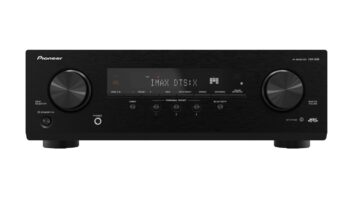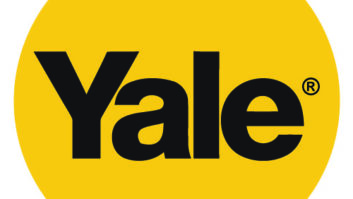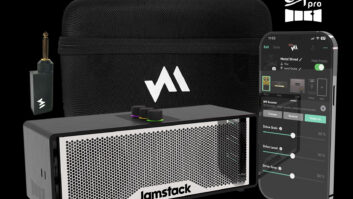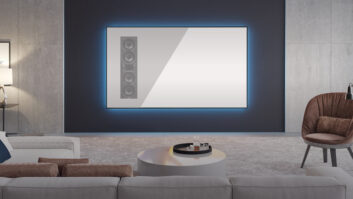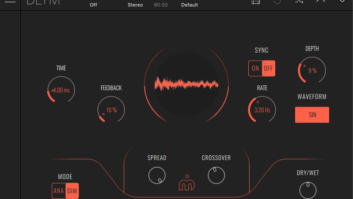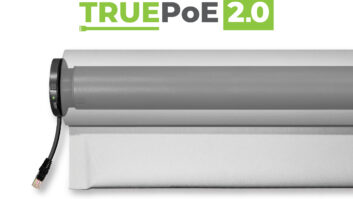Wilmington, Del. — The MPEG LA alternative licensing group which coordinates patent pools for MPEG-based digital technologies, has sued French telecommunications giant Alcatel-Lucent for allegedly breaking a promise to share video patents on portions of the MPEG-2 digital compression format used for high-definition television, DVDs and other digital video products.
The lawsuit was filed this week in Delaware Chancery Court. MPEG LA has asked that the transfer of patents to a trust Alcatel and Lucent established prior to their merger be revoked and that Alcatel be made to live up to its prior obligation to the patent pool. It is also seeking unspecified cash compensation.
Acatel-Lucent was not available for comment as this was posted.
MPEG LA said Alcatel-Lucent set up a trust to hold patents for Lucent’s contributions to MPEG-2 technology, which violated an agreement to share the technology through a patent-licensing pool.
Using the pool, manufacturers can easily pay licensing royalties, rather than having to seek out and negotiate separate deals with each body claiming intellectual property rights to pieces of the system.
Although it signed an agreement with MPEG LA earlier, Alcatel has reportedly claimed that patent technologies it acquired in a merger with Lucent Technologies last year were not part of the pool because Lucent was never a party to the agreement on the patent pool.
Instead, Alcatel and Lucent established The Multimedia Patent Trust two days before their merger in November 2006, according to the suit. The trust is now seeking up to $2 billion in damages from Microsoft, Dell and Gateway for infringing various patents to improve computer-video transmission.
The patent-infringement case is scheduled for a Feb. 20 trial.
Some have speculated that the trust might eventually seek similar damages from other parties that use MPEG-2 technologies.
MPEG LA said there are more than 1,300 licensees of the MPEG-2 technology at question in the case.




